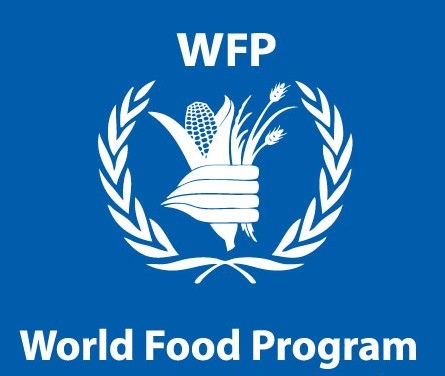The United Nations World Food Programme (WFP) and the Department of Social Welfare and Development (DSWD) have jointly inaugurated the Visayas Disaster Response Centre (VDRC) in Mandaue City, Cebu.
The VDRC is a continuation of the strategic partnership between DSWD and WFP to enhance the emergency response in the Philippines. It is funded by the governments of Australia and the United Kingdom.
Inside the 5,000-square meter VDRC is a custom-built mechanized production system designed to rapidly produce 50,000 family food packs in a day, which is able to feed 250,000 people for three days.
Read Also: Philippines Supports UN Disaster Awareness Initiatives
Together with the mechanized production system at the National Resource Operations Centre (NROC) in Pasay, this increases the family food pack mechanized production to 100,000 a day, enough to feed 500,000 people for three days.
The VDRC also features a pallet racking system for improved storage of food packs and warehousing of food and non-food commodities, guaranteeing quality stockpiles of family food packs and other humanitarian assistance ready for distribution.
World Food Programme, DSWD Partnership
In addition, spaces for training sessions and offices for the DSWD and the WFP, as well as other government officials, are also available within the VDRC.
The idea in the construction of the VDRC was based on the lessons learned from the onslaught of Super Typhoon Haiyan, locally known as Typhoon Yolanda.
Typhoon Yolanda badly hit the Visayas region and challenged the government in responding to large-scale humanitarian relief requirements.
“Typhoon Haiyan showed that disasters can strike anywhere in the Philippines. The inauguration of the VDRC is a significant step towards decentralizing the Philippine government’s emergency response. With help from our donors, WFP will continue to support the Philippines by establishing respective DRCs in Luzon and Mindanao. Aside from the VDRC, WFP will also build one in Clark to cater to the Luzon regions and another one in General Santos City for Mindanao,” said Praveen Agrawal, WFP Philippines’ Representative and Country Director.
Read Also: Two Dead as Super Typhoon Noul (Dodong) Displaces Thousands in the Philippines
In addition to establishing the DRC infrastructure, WFP is also providing technical training to key representatives from the government on disaster response logistics and supply chain management.
The Philippines is considered as one of the most disaster-prone countries in the world exacerbated by climate change, with various natural disasters affecting the country such as typhoons, droughts, earthquakes, and volcanic activities. – BusinessNewsAsia.com
